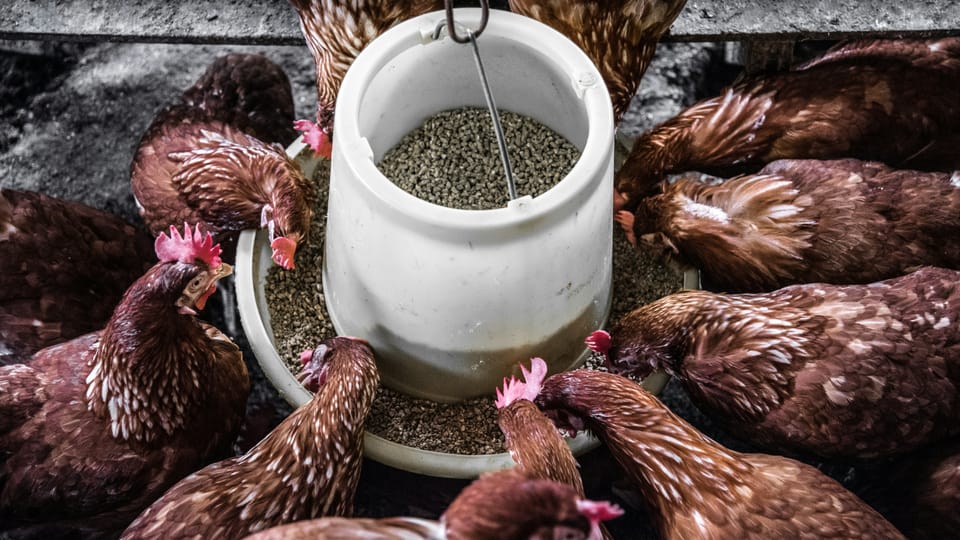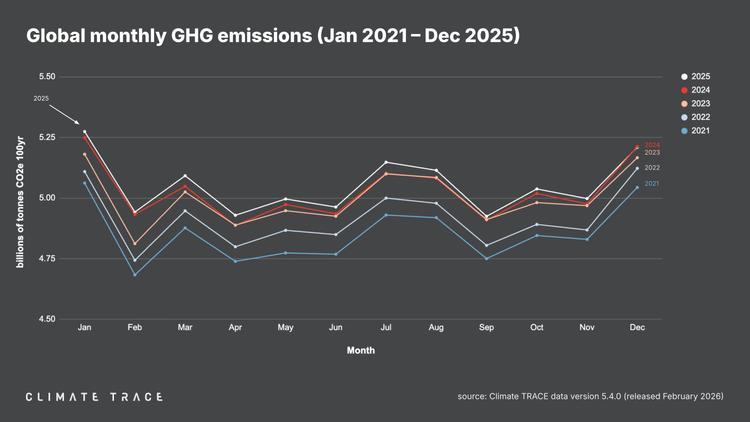Livestock giants not doing enough to protect feed supply chain from climate risk
"It is crucial for companies to build resilience through sourcing diversification and investment in climate solutions."

Livestock companies including Tyson Foods, JBS and Marfrig have overly concentrated animal feed supply chains, making them vulnerable to climate shocks, according to a new report by the FAIRR investor network.
Relying on animal feed crops such as soybeans, maize and wheat from only a few geographic areas means these companies could suffer intense shocks from climate events such as drought or flooding, impacting yields, food prices and investor returns, the report argues.







